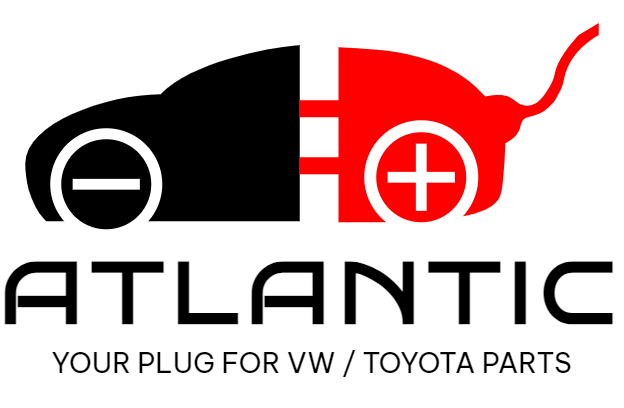Regular oil changes are one of the most crucial yet often overlooked aspects of vehicle maintenance. At Atlantic Auto Spares, we’ve seen countless engines damaged prematurely simply because owners neglected this simple maintenance task. With our extensive experience serving the automotive community since the early 2000s, we’ve compiled this comprehensive guide to help you understand why oil changes matter and how they can save you money in the long run.
The Critical Role of Engine Oil
Engine oil serves multiple vital functions in your vehicle:
- Lubrication: Reduces friction between moving metal parts
- Cooling: Helps dissipate heat from the engine
- Cleaning: Contains detergents that remove sludge and deposits
- Protection: Forms a barrier against corrosion and rust
When oil ages, it breaks down and becomes less effective at performing these functions, putting your engine at risk of accelerated wear and potential failure.
Signs Your Vehicle Needs an Oil Change
Even if you’re following a recommended schedule, watch for these warning signs:
- Dashboard oil light illuminates
- Dark, dirty oil on the dipstick
- Engine running louder than usual
- Burning oil smell inside the vehicle
- Decreased fuel efficiency
If you notice any of these signs, it’s time to visit Atlantic Auto Spares for quality oil and filters for your Volkswagen, Toyota, or other commercial vehicle.
The Real Cost of Skipping Oil Changes
While delaying an oil change might save you money in the short term, the long-term consequences can be severe:
- Engine overheating due to inadequate cooling
- Increased fuel consumption as the engine works harder
- Premature engine wear leading to costly repairs
- Complete engine failure in extreme cases
The price of regular oil changes is minimal compared to the cost of replacing an engine or, worse, your entire vehicle.
How Often Should You Change Your Oil?
The old rule of thumb was every 5,000 kilometres, but modern vehicles and synthetic oils have changed this recommendation:
- Conventional oil: Every 5,000-8,000 kilometres
- Synthetic blend: Every 8,000-12,000 kilometres
- Full synthetic: Every 12,000-24,000 kilometres
However, these intervals can vary based on:
- Your vehicle’s make and model (Volkswagen and Toyota models often have different requirements)
- Your driving habits (frequent short trips vs. highway driving)
- Environmental conditions (extreme temperatures, dusty environments)
Always consult your owner’s manual for manufacturer-specific recommendations.
DIY vs. Professional Oil Changes
While changing your oil yourself can save money, there are benefits to professional service:
- Proper disposal of environmentally hazardous used oil
- Expert inspection of other vehicle systems
- Correct oil grade selection for your specific vehicle
- Quality filters that provide maximum protection
At Atlantic Auto Spares, our experienced team can advise you on the best oil and filters for your specific vehicle, whether it’s a Volkswagen, Toyota, or another commercial vehicle.
Synthetic vs. Conventional Oil: Making the Right Choice
Modern engines often benefit from synthetic oils, which offer:
- Better performance in extreme temperatures
- Enhanced protection against wear and tear
- Improved fuel efficiency
- Longer intervals between changes
Though synthetic oil costs more initially, typically R200-R400 more per service, the extended change intervals and improved protection can make it more economical in the long run.
Conclusion: An Investment in Your Vehicle’s Future
Regular oil changes are more than just routine maintenance—they’re an investment in your vehicle’s longevity. By maintaining proper oil change intervals, you’re protecting your engine, optimizing performance, and potentially saving thousands of Rands in repair costs.
At Atlantic Auto Spares, we’ve evolved from our scrapyard beginnings in the early 2000s to become a household name in quality automotive parts. Our team is committed to helping you maintain your vehicle with professional advice and high-quality components, including engine parts for Volkswagen, Toyota, and other common commercial vehicles.
Don’t wait until it’s too late. Make regular oil changes part of your vehicle maintenance routine and experience the difference in performance, reliability, and longevity.

